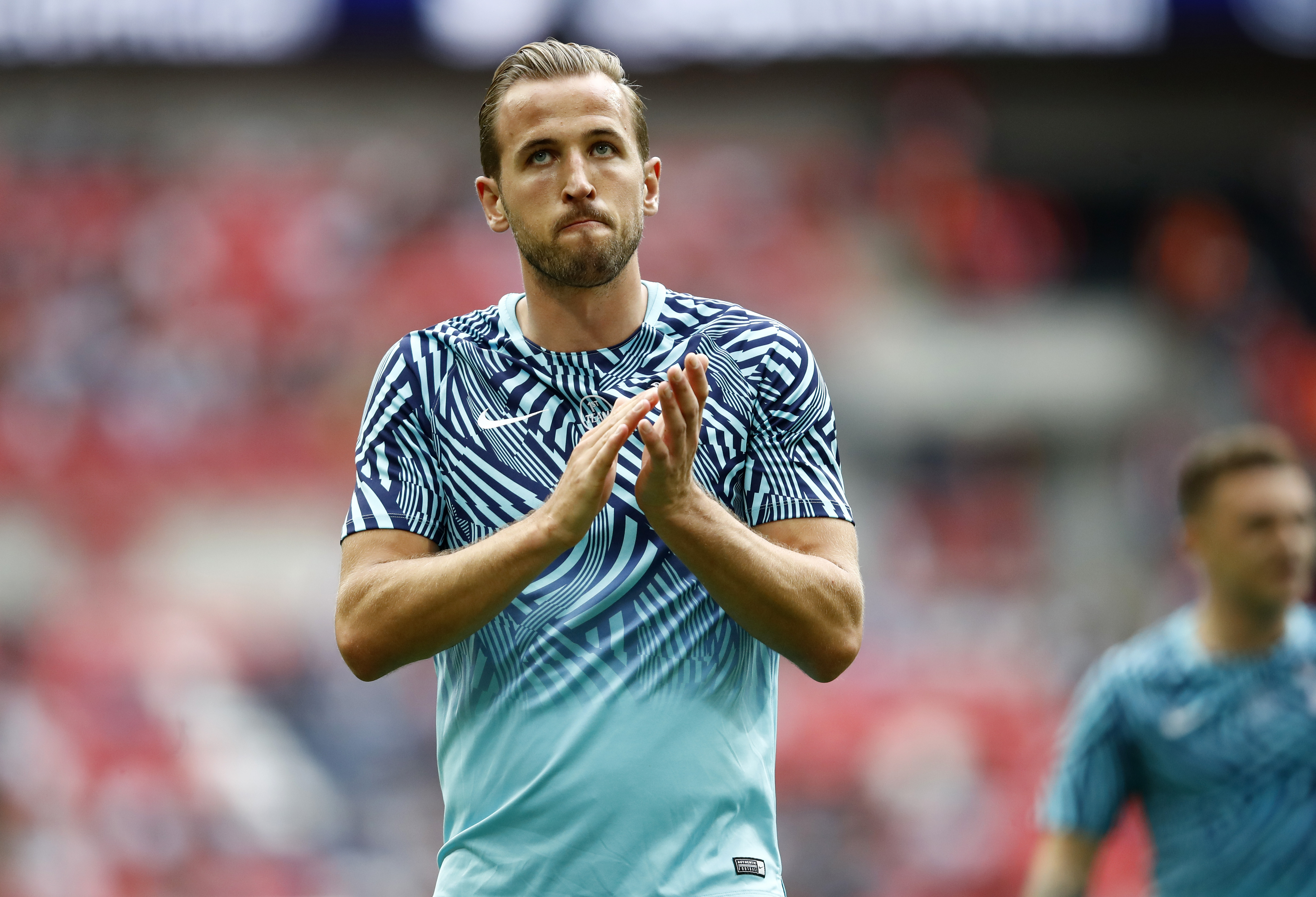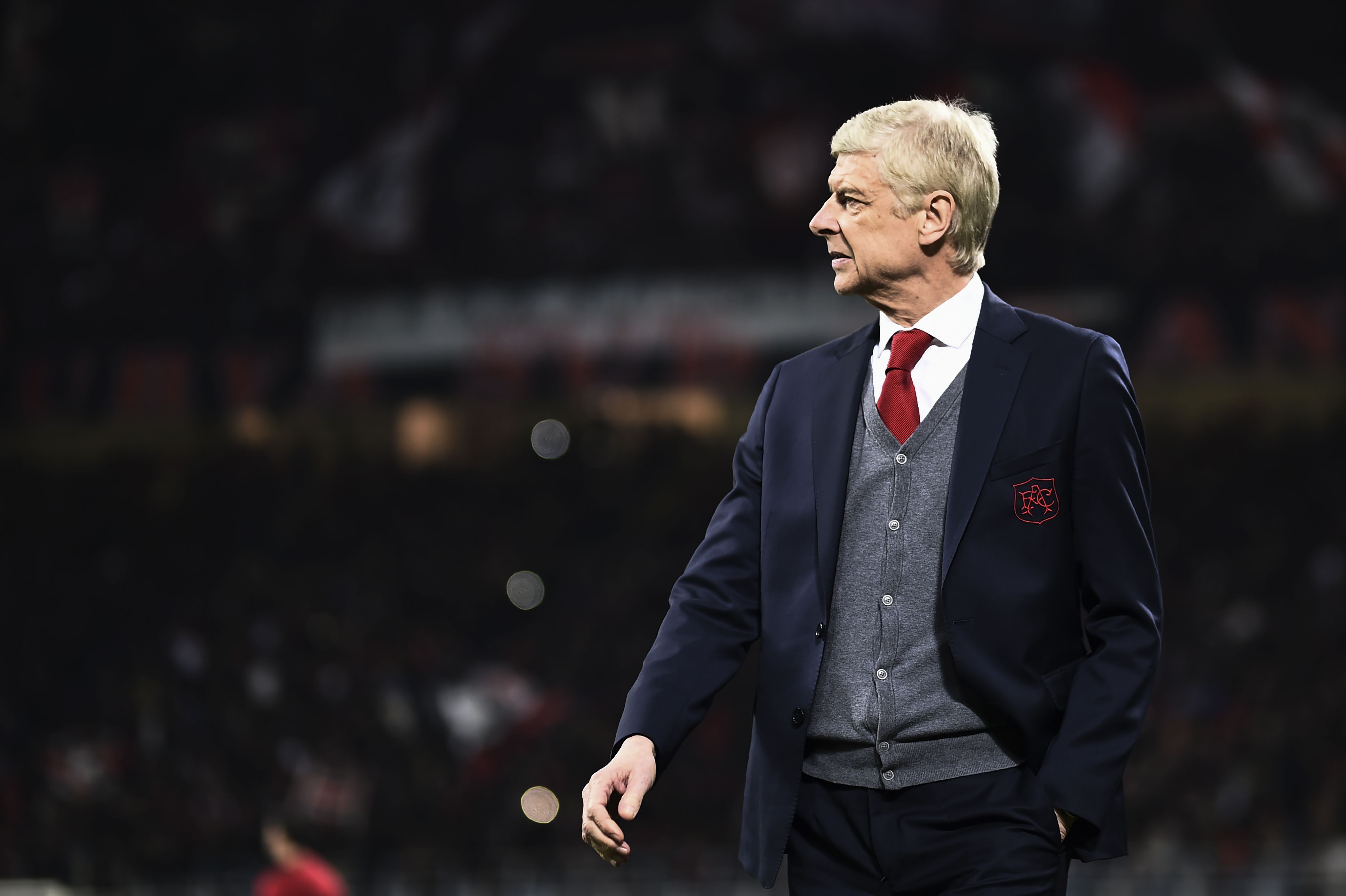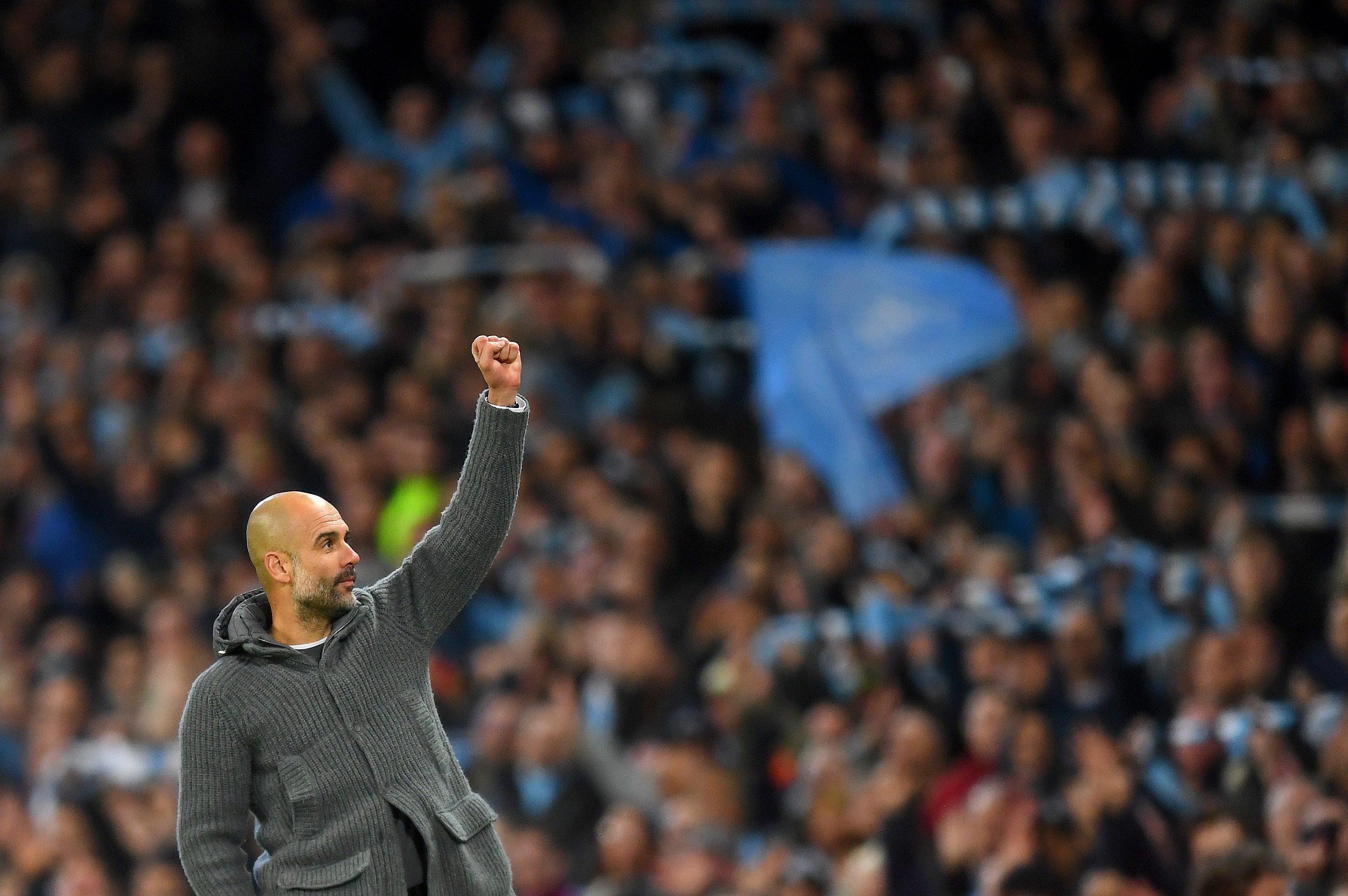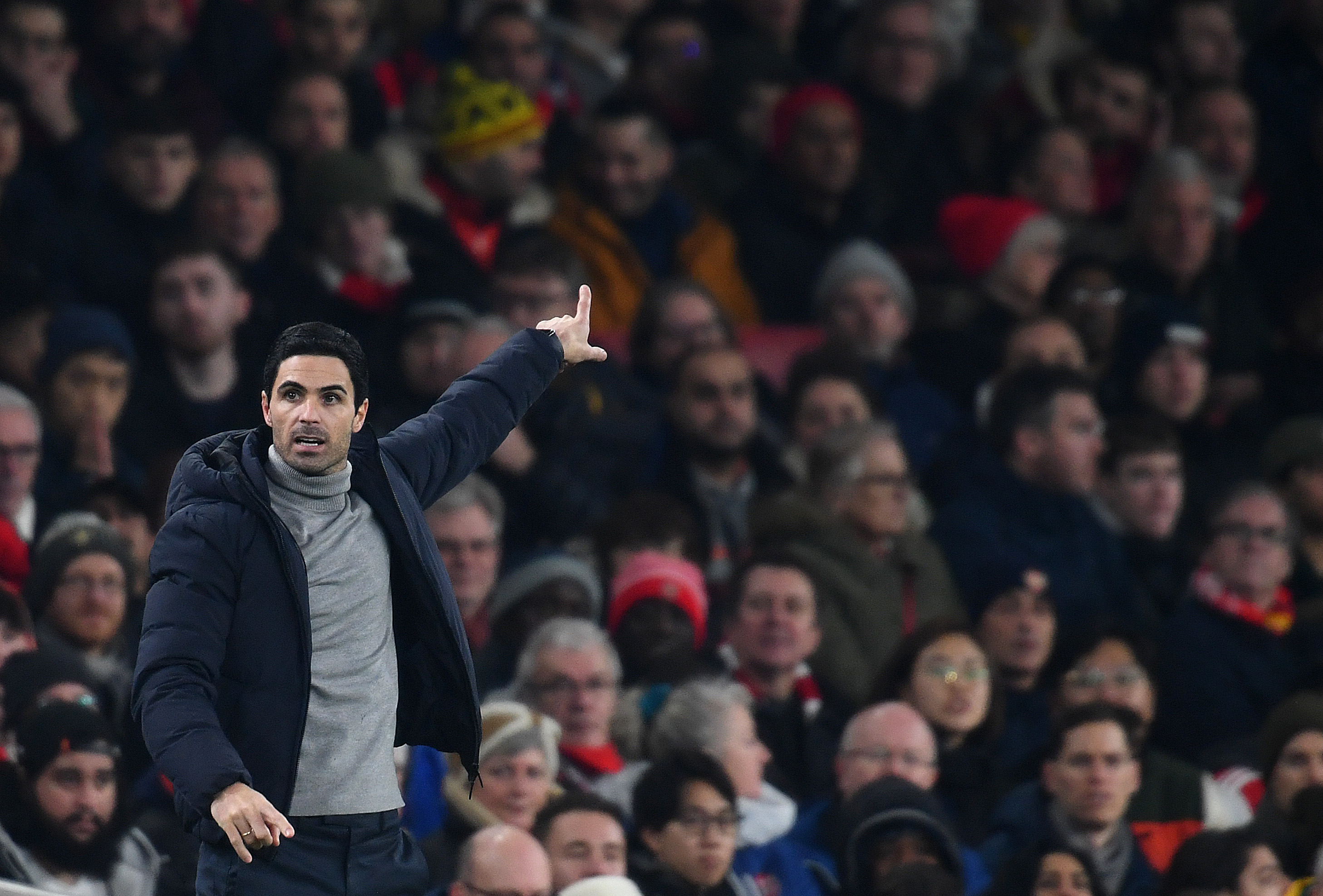Real Madrid are champions of Spain for the first time in three years. We take a look at the defining moments that were the catalysts for their success.
2019/20 has been one bizarre season. With the world ravaged by the coronavirus pandemic, the term is going to get stretched well into August, making it a rare season that has been played out for over 12 months. Amid all the uncertainty, an engrossing league title duel ensued in Spain.
Two inconsistent but extremely talented teams in Real Madrid and Barcelona gave us a gilt-edged La Liga title race, with both clubs trading places all through the season. In the end, it was Real Madrid who prevailed with one matchday left to play, eventually winning the title by five points.
The road to glory, though, was a long and arduous one. Heading into the 2019/20 campaign, very few would have given Real Madrid the chance of becoming La Liga champions, especially seeing as that this was to be a season of transition.
Hence, it is hardly surprising that Zidane is rating his team’s triumphant La Liga campaign over the remarkable Champions League domination. But, what were the defining moments that turned the tide in the Merengues‘ favour and put them on the pedestal once again? Let’s take a look.
The return of Zidane

It is the summer of 2018. Zinedine Zidane has just announced that he is leaving Real Madrid, despite delivering an unprecedented third UEFA Champions League title in a row. Shockwaves are sent across Europe and beyond. However, this was just the start of things to come. Real Madrid would soon be plunged into chaos.
Around a month after Zidane’s announcement, all-time top scorer Cristiano Ronaldo, too, called time on his stint with Los Blancos, bringing an end to a scintillating period in the club’s history. In a way, Real Madrid have still not filled his void, but his absence was felt dearly mostly in the first season without his presence in nearly a decade.
Julen Lopetegui, the man who replaced Zidane, never really managed to settle in at the Santiago Bernabeu, in spite of arriving at the club with a lot of hype behind him after an encouraging spell with the Spanish national side. Lopetegui was not even in the Real Madrid hotseat for half a season and was shown the exit door after receiving a chastening from Barcelona.
His successor, Santiago Solari, was somehow worse, but lasted in the job till the latter stages of the 2018/19 season. To his credit, Solari did groom a couple of youngsters who would become crucial for the next man on the job. But, after two failed managers in one season, who could have brought a sense of stability back at the Bernabeu? Who else but that man, Zidane.
Somehow, someway, Florentino Perez managed to convince the Frenchman to return to the position he had deserted less than one year ago in shocking circumstances. The start to his second stint at the club, though, was difficult, as Real Madrid managed just 5 wins in 11 games towards the end of the season.
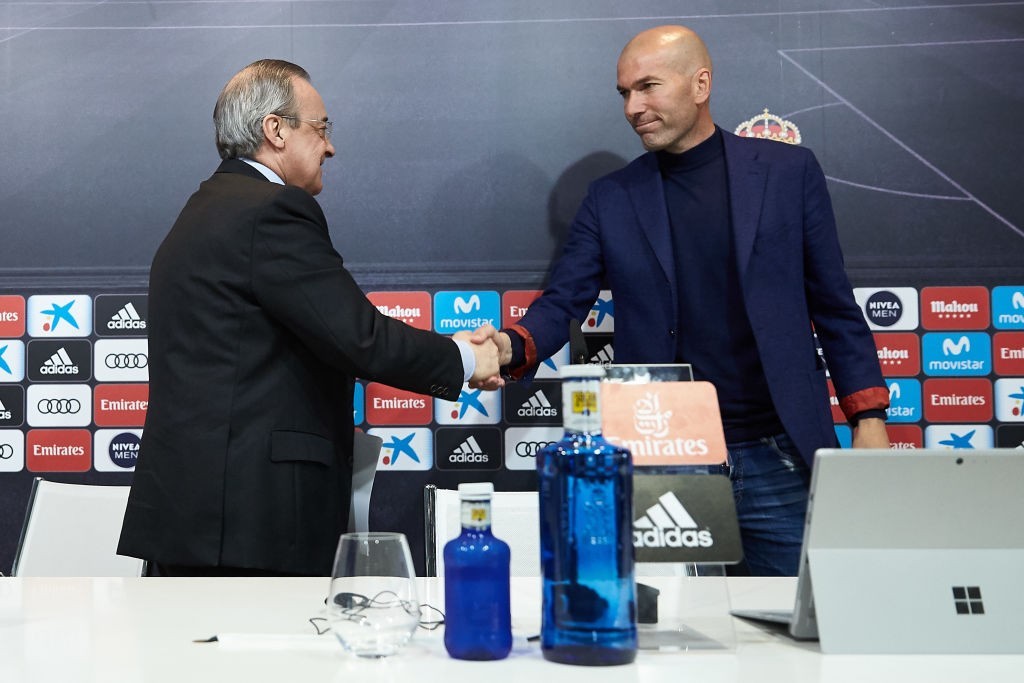
A 7-3 defeat in a heated pre-season “friendly” against local rivals Atletico Madrid led to nonsensical suggestions that Zidane was facing the heat and could be sacked soon after. Having said that, this was certainly one of the lowest points for Real Madrid in the past decade. After all they had finished a staggering 19 points behind Barcelona last season while eighth-placed Athletic Bilbao had been defeated fewer times (11 losses to Real’s 12).
The first couple of months of the season were far from straightforward either, as most of the players continued to blow hot and cold. However, slowly but surely, they would become a more settled unit, as Zidane found a way to make his charges play the way that catered to their strengths instead of going for a gung-ho approach in the final third just for the sake of it.
The result? Real Madrid were more solid than they had ever been in recent memory, which in turn formed the base for liberating the men out front. Zidane’s men were not scoring goals for fun, but they were not conceding them at the drop of a hat either. In doing so, Zidane had managed to silence the detractors, proving his credentials as a coach in an emphatic manner, surpassing expectations yet again.
The confidence that the onset of stability had provided the players meant that a wobbly period just before football was ground to a halt did not dampen spirits. This is when his excellent man-management abilities came to the fore, as Zidane managed to deliver his second La Liga title as Real Madrid manager.
Arresting the slump of the old war horses
Speaking of Zidane’s fabled man-management abilities, there has been a lot of talk about how that is his biggest strength. But, the true test of those qualities were to come when he had to deal with a major chunk of the core players who had been instrumental in his immensely successful first stint at the helm at the Bernabeu, especially after they endured a dramatic fall from grace in 2018/19.
Sergio Ramos and Marcelo had become liabilities in defence. Luka Modric was the shell of a player who had enjoyed a glittering 2018. Even Toni Kroos, who ought to have been at his prime, did not quite click last season. A spine that looked incredibly formidable not too long ago was crumbling, with just Casemiro, Karim Benzema and Raphael Varane managing to hold their heads up high.
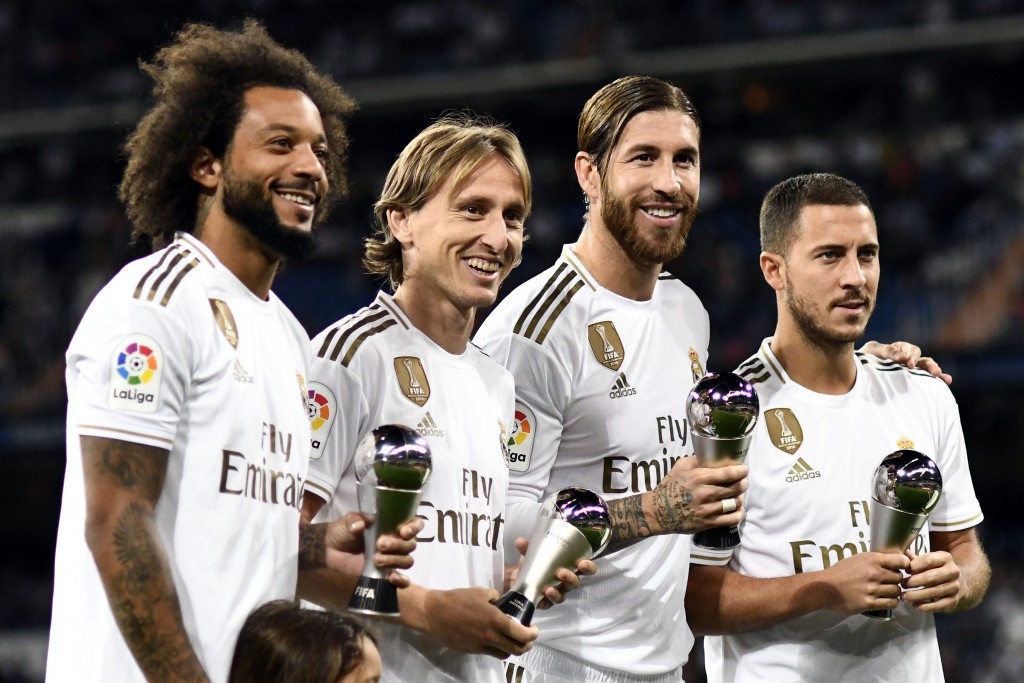
Zidane’s biggest challenge yet was to breathe new life into the faltering veterans. The failure to do so would surely have elongated the transitional period, as he would have been forced to spend big on potential successors. However, Zidane has successfully arrested a concerning cumulative slump with aplomb.
Modric, who seemed to be done as a Real Madrid player before the season even began, ended up being pivotal once again, with Zidane rotating the Croat with Federico Valverde seamlessly. In fact, in the post-lockdown period, Modric was perhaps the most consistent player for Real Madrid, displaying incredible verve and energy that belied his age.
As for Kroos, no player who featured as regularly for their side had a better passing rate, with the German playmaker completing a stunning 93.5% of the passes he attempted. In addition, he also delivered 61 passes – a rate of nearly 2 key pass per game. Kroos also accurately played more long balls (243), passes in the final third (693) and passes in the opposition half (1398) than any other midfielder in La Liga this season, all while having that ridiculous pass success rate.
The biggest difference, though, was felt at the back, where Ramos rediscovered his swagger. The Real Madrid captain was back to doing what he does best – keeping the back-line organised in order to keep the chances conceded to a bare minimum. With the increasingly mature Raphael Varane beside him, there were hardly any errors from the defence. Ramos also contributed a great deal in the opposition half, scoring 11 goals (only Karim Benzema had more for Real Madrid).
Finally, Marcelo was a regular face in the starting lineup, with Zidane alternating between him and Ferland Mendy quite extensively. However, this outlook ensured that the Brazilian was at his explosive best whenever he did play, all while making very few mistakes at the back.
That Benzema, who won more points than anyone with his goals in La Liga this season (16), and Casemiro continued their fine run of form only helped Zidane, who made the experienced heads central to his plans instead of looking past them.
Getting the summer business right
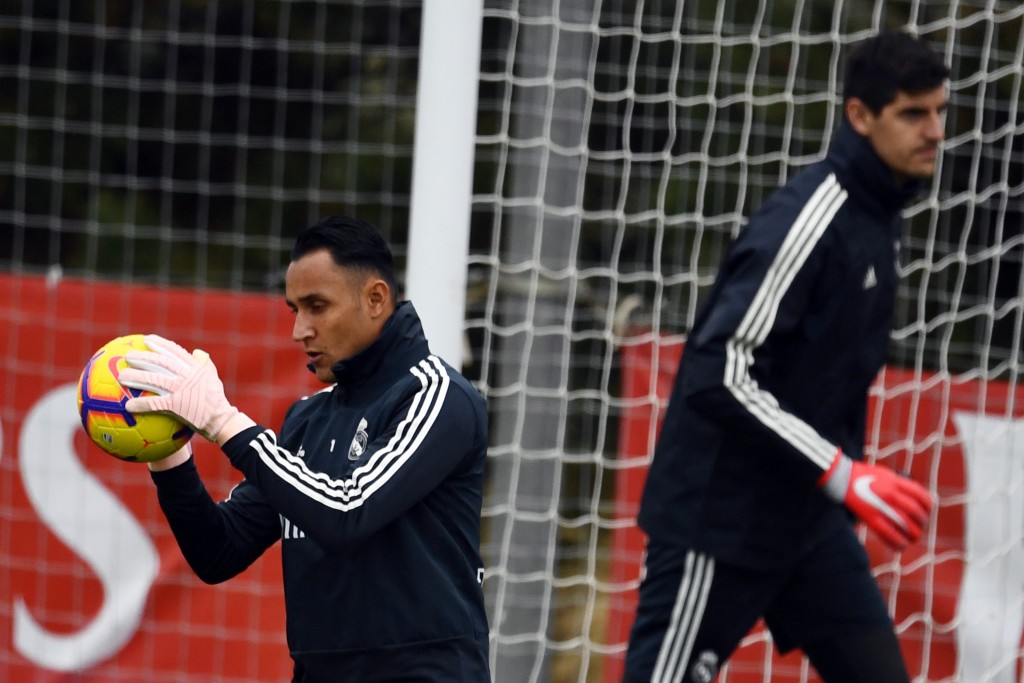
Whatever remained of the core from his first spell as the Real Madrid manager was kept largely intact by Zidane. However, he also made it a point to add to his squad so as to fill up the cracks that had developed in the season gone by. And so, in came Ferland Mendy, Eder Militao, Eden Hazard and Luka Jovic, with the highly-rated Rodrygo Goes also arriving at the Bernabeu.
A number of players left the club as well, with midfield in particular becoming less crowded, as Zidane chose quality over quantity – the Frenchman having faith in Toni Kroos and Luka Modric was key here. The biggest departure, though, was that of Keylor Navas – the long-serving Costa Rican goalkeeper.
At first, this seemed to be a peculiar transfer decision, considering the struggles of Thibaut Courtois last season. However, this was a statement of confidence that Zidane had in the Belgian stopper, who was now well and truly the first-choice goalkeeper. Alphonse Areola did arrive on loan from PSG as part of the Navas deal, but the fact that his deal did not have an option to buy for Real Madrid meant he was just likely to be backup option.
That indeed proved to be the case, as Courtois slowly grew in stature and did not look back after keeping a few important clean sheets. With the confidence seeping through to him, Courtois went on to win the Zamora Trophy, having kept 18 clean sheets despite playing fewer games than his counterparts.
Among the players who came in, Mendy made the most visible impact, with Marcelo starting to be phased out. The Frenchman looked fit to fill the big boots of the mercurial Brazilian and is even an upgrade in the defensive phase of the game, playing a key role in ensuring that Real Madrid had the meanest defence in La Liga this season. Going forward, Mendy is a work in progress, but he is still no mug and can hold his own.
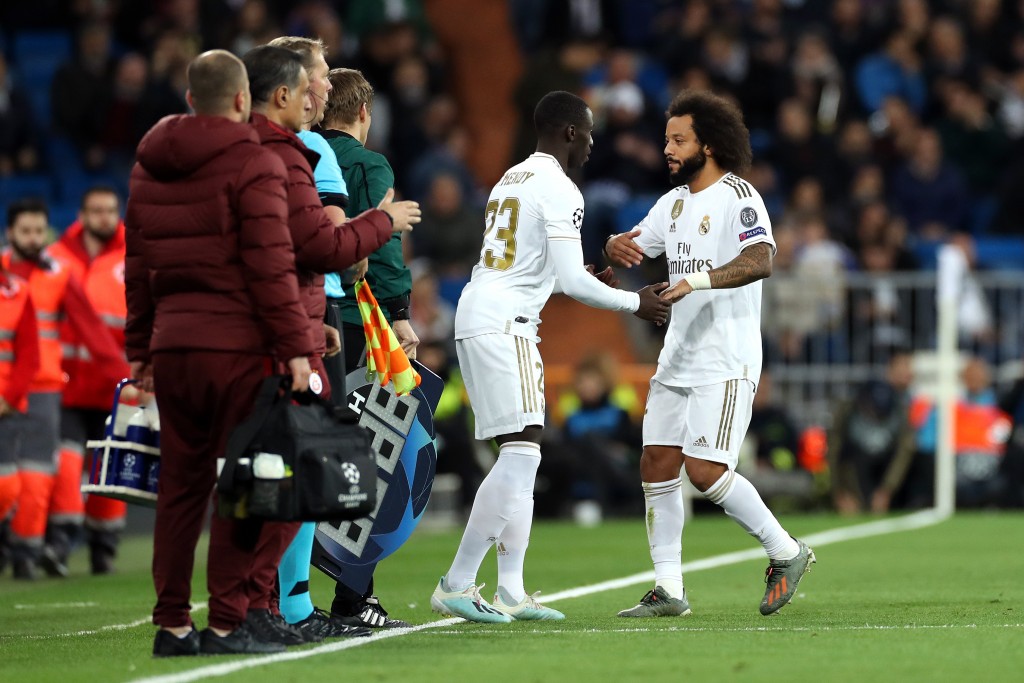
Hazard achieved his dream of playing for Real Madrid by completing a big-money move from Chelsea but did not quite enjoy a dream first season. Blighted with injuries, he was sidelined for large chunks of the season, but still had a role to play in the latter stages – more on that later.
Of all the players who came in, only Jovic failed to deliver and will hope to do better next term, if he is deemed to have a future at the club. Rodrygo, meanwhile, was a picture of poise, often showing maturity beyond his years, although he still has a long way to go. Having said that, the young Brazilian certainly seems to have a bright future at Real Madrid.
Burgeoning the youth revolution
Recruiting the best of the best has been a part of the Real Madrid ethos since time immemorial. For the most part, though, this outlook has seen Los Blancos sign some of the all-time greats at the peak of their powers. However, in the last few years, Florentino Perez has made it a point to snap up some of the most highly-rated prospects across the world.
So, while Zinedine Zidane might have stuck by the experienced stars in his squad, the youth revolution continued as well; three up and coming youngsters – Mendy excluded – had a big role to play in Real Madrid’s success in La Liga this season. Chief among these burgeoning young stars is Federico Valverde.
With Luka Modric in the twilight of his career, the young Uruguayan is seemingly seen as the man who will be his successor. Going by his performances this season, Valverde certainly has the spunk to be a long-term solution in the middle of the park. While he may not be a like-for-like alternative for the veteran Croat, his work-rate and energy make him the ideal fit in the new-look Real Madrid side under Zidane.

The other two prodigious prospects who left their mark this term were Brazilian duo Rodrygo Goes and Vinicius Junior. Vinicius had already made an impression in his maiden campaign and only continued to see his stock rise. Rodrygo, on the other hand, quickly established himself as a key player. One of them made a pronounced impact in the first half of the season, the other upon the turn of the year.
Together, they ensured that the absence of Eden Hazard and Marco Asensio was rarely felt dearly. Together, they rose to the fore with some mighty impressive performances that helped showcase that while they may be ones for the future, they have a rightful place in the present as well.
A stroke of luck amid global crisis
It is all well and good to paint a rosy picture of a title-winning team. However, the fact of the matter is when football came to a grinding halt due to the outbreak of the coronavirus pandemic, Real Madrid’s form was patchy at best.
Zidane’s men had suffered 4 defeats in their last 7 fixtures across all competitions just before the enforced mid-season break. Two of those losses had come in La Liga which meant that despite a big win over Barcelona in El Clasico, the Merengues were in a precarious position, from where the title could have started slipping from their grasps.
Indeed, heading into the break, Real Madrid had dropped down to second on the table and needed to better Barcelona’s results in the remaining games week after week to topple the defending La Liga champions. With football suspended, Zidane and his charges took a step back, with the three-month period helping Los Blancos regroup and recharge batteries.
Most crucially, Eden Hazard, who would have been done for the season if the season progressed as usual, had ample time to regain fitness. This was vital as upon the restart of their La Liga campaign, Zidane had discovered a partnership that could potentially form the base of his team’s title defence next season, and perhaps even against Manchester City in the UEFA Champions League Round of 16 second leg tie next month.
Hazard, despite hardly featuring all season, seemed to gel in with Karim Benzema instantly, showing the kind of chemistry that players have after playing together for years. Hazard might still not be at his very best, but he did just about enough to ease some of the burden off Benzema in the final stretch.
Luka Modric, who was enjoying a resurgent season anyway before the break, had a spring in his step too and it seemed as if he had not aged a day from his peak years.
At the back, Sergio Ramos was an indomitable force along with Raphael Varane, with Thibaut Courtois letting in just 4 goals in his last 10 outings. Dani Carvajal has also played his best football this season. All in all, the stars aligned perfectly in the face of a global crisis, doing Zidane & co. a world of good.
A faltering Barcelona: The fall of an adversary

All season long, Barcelona have had the look of a club that was in a chaotic space. From the sacking of Ernesto Valverde in the middle of the season to Lionel Messi’s outburst against Eric Abidal, the defending La Liga champions seemed to be making things complicated for themselves. This would translate into inconsistencies on the pitch as well.
Having said that, it was advantage Barcelona when the season resumed. The Blaugrana had their destiny in their own hands, as they were perched atop the table with 11 games remaining in their La Liga campaign. However, for the most part, it was a one-man ship – and a sinking ship at that – as Lionel Messi tried his utmost to do all the heavy lifting, at least till Riqui Puig came to the forefront.
Messi might have enjoyed yet another astonishing season on an individual level, demonstrating just why he is the best in the world. But, even the best can do only so much on their own; such is the nature of the game. With his team failing to provide ample support on both ends of the pitch on a consistent basis, Barcelona slowly faded out of the title picture.
The kicker came in the form of an embarrassing 2-1 home defeat to ten-man Osasuna, although some would say the title was essentially lost by then. Messi was not pleased one bit by his side’s travails. In contrast, Real Madrid performed as a unit, only needing the individual brilliance of Karim Benzema every now and then, not game after game.
That one of Barcelona’s most comprehensive performances came after they had surrendered their La Liga crown to their bitter rivals also points towards just how the immense pressure had its telling effect. Well, onto next season for Barcelona, and the Champions League Last 16 meeting with Napoli before then.
Zidane & co. though, are on top of the world after a job well done, thanks in part to their stuttering adversaries.

